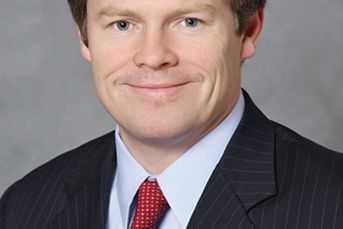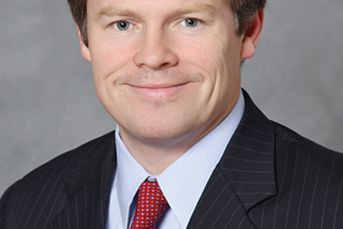What the tax hit will mean for the economy
The tax package that averted the fiscal cliff will significantly lower the deficit, but at what cost to economic growth?
This week investors should finally be able to consider the broader global investment environment as the clouds of fiscal uncertainty clear. Before moving on, however, it is worth noting a few things about the tax package that cleared the House of Representatives late last night.
First, because the fight was concentrated on how the “rich” should be taxed, many investors may have the impression that this was a relatively small and narrowly focused tax increase. In fact, this represents a very significant increase in taxation on almost all Americans, with the most pain likely being inflicted by the expiration of the 2% payroll tax cut. From a macro-economic perspective, this is also where the impact is likely to be greatest – consumer spending on basic goods and services like groceries, clothing, restaurant meals and gasoline should all take a hit over the next few months due to lower take-home pay.
Second, there is the impression that this deal is somehow “kicking the can down the road”. It is, to an extent, from a political perspective, as a new debt-ceiling debate looms in two months. However, this tax increase will make a big dent in the deficit. Assuming that some other spending cuts more or less replace the much-hated sequester, it could cause the deficit to fall from 7.0% of GDP in fiscal 2012 to 5.8% of GDP in fiscal 2013 and 4.2% in 2014. In fiscal 2009, the deficit was over 10% of GDP. Once it falls below 4.0% of GDP the debt/GDP ratio should begin to fall, bringing some stability to federal finances. Overall, we are not that far from that goal and last night’s vote was an important, if somewhat too large, step in that direction.
Finally, the impact of all of this should be to slow the U.S. economy in the first half of 2013 but not put it into recession. The big positives for the economy are much improved consumer and corporate balance sheets and huge pent-up demand, particularly in the very cyclical home-building and auto sectors. These sectors, combined with a pickup in business investment spending, should allow the economy weather fiscal drag in early 2013 and strengthen later in the year.
The next few days will give some sense on the strength of the economy going into 2013. Overall, the Manufacturing surveys from ISM and Markit should show moderate expansion. Vehicle Sales, due out on Thursday, appear to have continued their recovery, despite the fiscal uncertainty, although chain-store reports are likely to be more downbeat. As usual, in the first week of the month, the big report will be the Jobs report, due out on Friday. Our models suggest a continuation of moderate gains, although the annual revision to the unemployment rate numbers could add some extra volatility.
Overall, 2012 was a year for investors to recognize both “tail risks” and “tail valuations”. With the passage of last night’s bill, another tail risk has been snipped, highlighting the still inappropriate spreads between the valuation of stocks and bonds and suggesting that long-term investors should still over-weight the former, relative to the latter.
David Kelly is the chief global strategist for J.P. Morgan Funds.
Learn more about reprints and licensing for this article.





